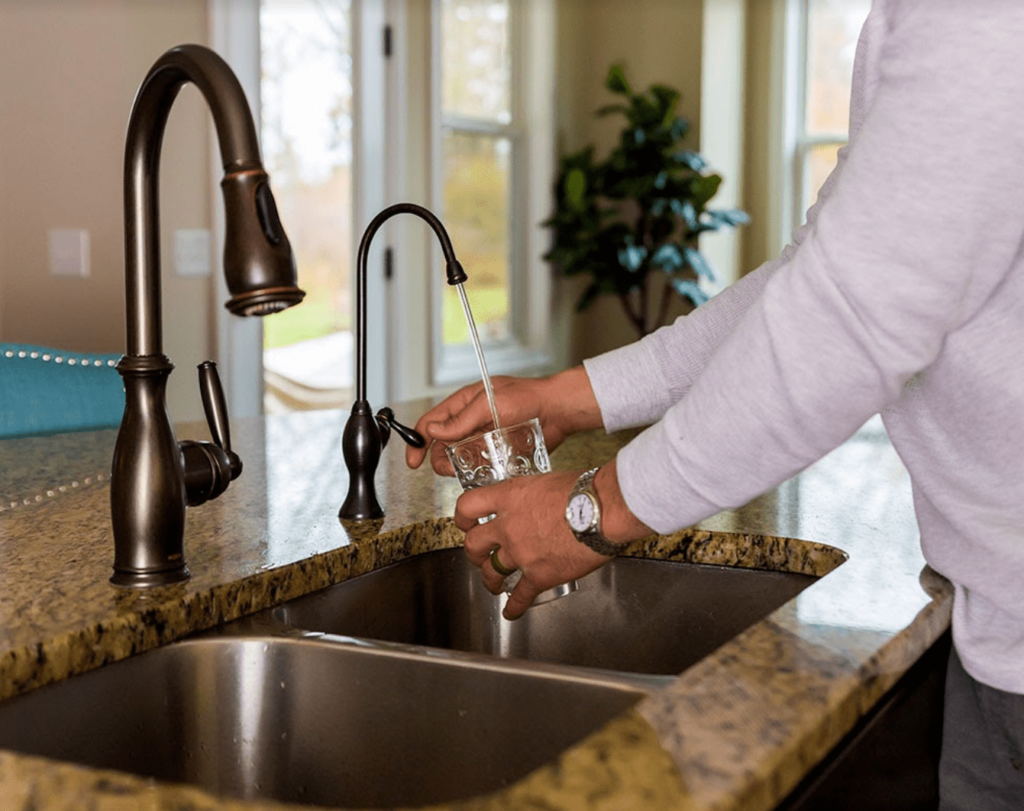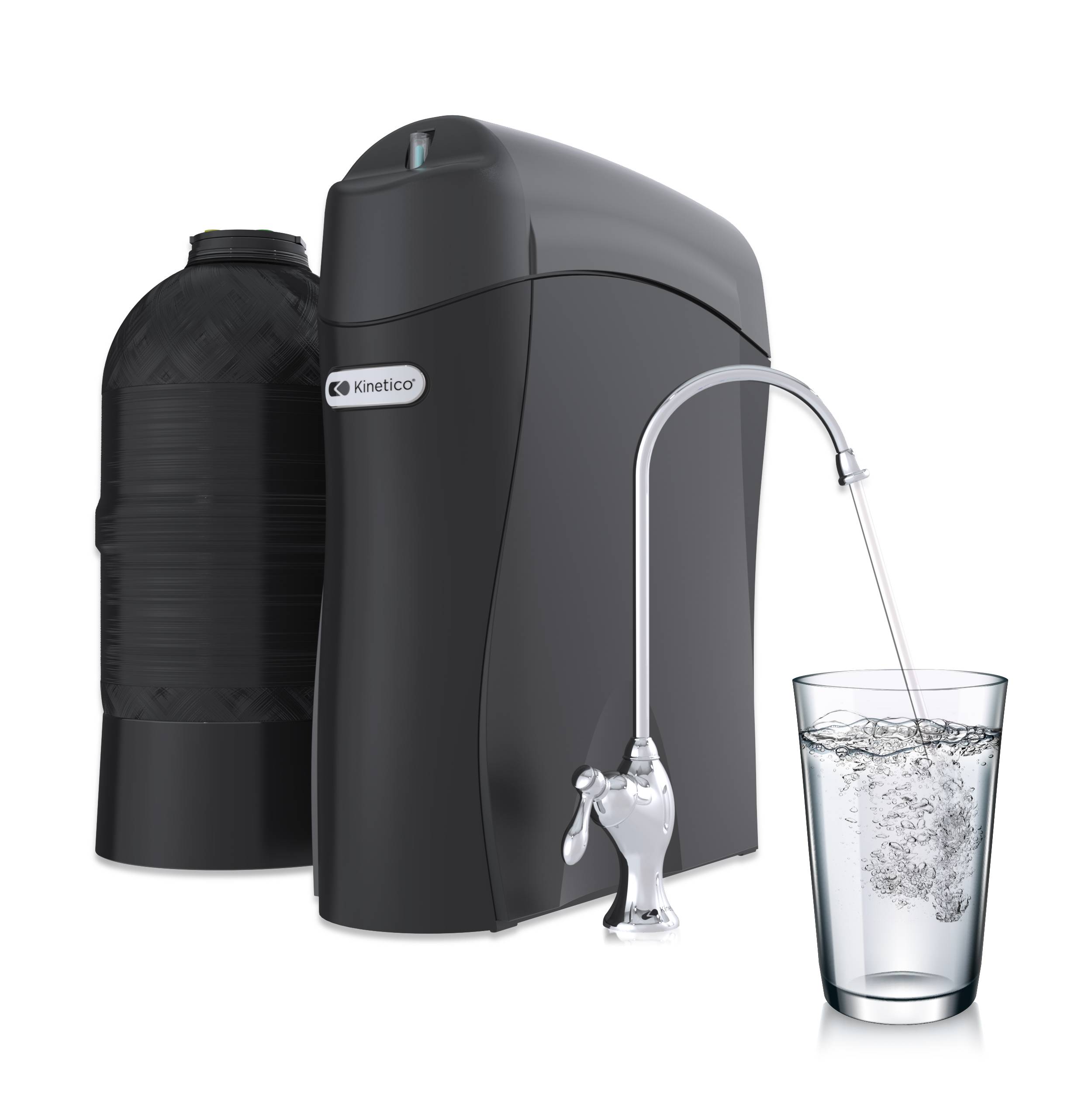
According to one of the latest reports, more than 2 million people in the U.S. do not have access to safe drinking water. As a result, people turning to water filtration systems are on a rise.
While commercially available water filtration systems are highly effective, some people prefer to take a do-it-yourself (DIY) approach.
In this blog, we’ll explore the effectiveness of DIY water filtration systems.
What are DIY Water Filtration Systems?
DIY water filtration systems are homemade devices that use various materials to filter water. These materials can include sand, gravel, activated charcoal, and even plant fibers. The idea is to use them to remove contaminants and impurities from the water, making it safe to use.
One of the most popular DIY water filtration systems is the ‘bio-sand’ filter. It uses a container filled with layers of sand, gravel, and charcoal to filter water. The sand and gravel layers remove larger particles, while the charcoal layer removes smaller particles and some chemicals.
Another easy-to-build DIY water system is the ceramic filter, which uses a ceramic pot with small pores to filter out contaminants.
Pros and Cons of DIY Water Filtration Systems
While DIY water filtration systems can be effective at removing certain contaminants from water, they may not be as effective as commercially available systems. One of the major limitations being they cannot remove microbes such as viruses and bacteria.
Commercially available water filtration systems are often tested and certified to remove a wide range of impurities lurking in tap water.
Moreover, DIY water filtration systems require regular maintenance to ensure that they’re working effectively. If the materials inside the system become clogged or contaminated, they may not be able to filter the water properly.
Commercially available systems often come with instructions for the maintenance and replacement of filters. This makes it easier for users to maintain the system. Additionally, if they are well taken care of, they can last for decades. Thus, water filtration systems are an investment and not merely an expenditure.
Are DIY Water Filtration Systems Worth the Effort?
It completely depends on your situation and needs. If you live in an area with clean, safe drinking water, you may not need a water filtration system at all. However, if you live in an area with a contaminated water supply or you’re concerned about the quality of your water, a DIY water filtration system can be a good option. They’re often less expensive than commercially available systems, and they can be customized to meet your specific requirements.
The best way is to get a water test done by a professional water filtration company.
KWater offers FREE water testing in Tampa and nearby areas. We will determine the level of TDS (Total Dissolved Solids), pH, dissolved salts, and microbial content, in your water.
We provide on-site water testing services, where a technician will come to your home and test your water on the spot for all the above parameters. With a detailed analysis of your water quality, our team will recommend a suitable water filtration solution to you. So, take advantage of our no-obligation water testing services and safeguard your health!



